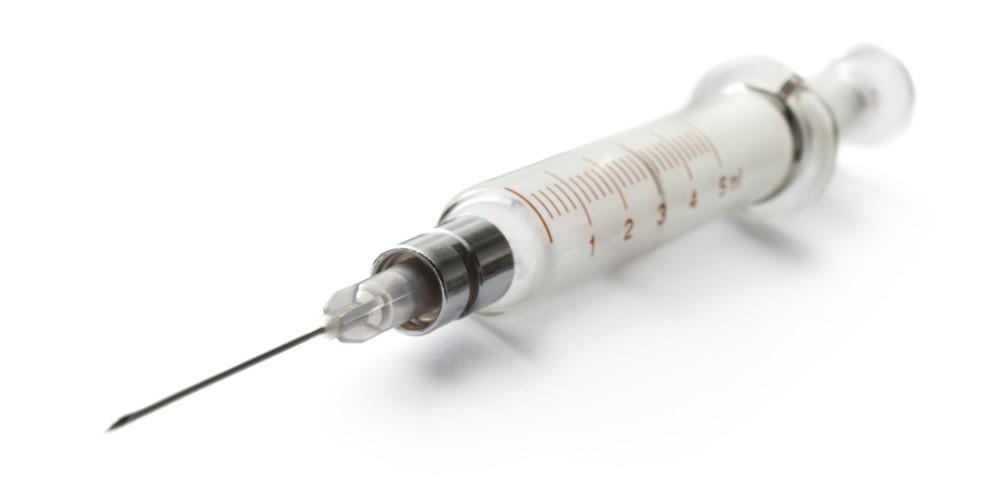
Cortisone Injections for shoulder problems: Think twice

Cortisone injections may be a bad idea for some types of shoulder pain
Virginia Beach & Chesapeake, Shoulder Specialist.
Cortisone injections are often used to treat common shoulder problems such as bursitis and rotator cuff tears. These injections provide many patients with pain relief and studies have shown reduced pain for an average of three months after injection. Cortisone is a type of steroid; it decreases pain by decreasing the inflammation. However, steroids also have some negative side effects. They inhibit the cells that can help repair damaged tissue and therefore may weaken tendons.
Recent clinical studies have demonstrated that cortisone may not be a good idea for patients who might need eventual rotator cuff repair surgery. If patients received a cortisone injection within months of a rotator cuff repair, they were more likely to have the surgical repair not heal. Watch a video of rotator cuff repair
For this reason, I am decreasing the use of cortisone injections in patients who have rotator cuff tears. I still find these injections to be helpful in treating patients who are unlikely to need eventual surgery. For instance, cases of simple bursitis or arthritis may do well with a cortisone injection.
Luckily there are alternatives to cortisone injections such as Toradol which is a non steroidal anti inflammatory. Two clinical studies showed that Toradol is equivalent to cortisone injection for shoulder problems such as rotator cuff and frozen shoulder. Furthermore, Toradol should not have the same problem as Cortisone in terms of weakening tendons. Also, patients who are diabetic may be better off with a Toradol injection since Cortisone can raise blood sugar levels.
For more information about the research on how Cortisone injections affect rotator cuff repair you can visit:
https://medicalxpress.com/news/2018-03-previous-cortisone-future-rotator-cuff.html
https://www.ncbi.nlm.nih.gov/pmc/articles/PMC5787908/
You Might Also Enjoy...


Chattanooga, Tennessee Ream and Run Patient Travels to Virginia Beach, Virginia

Ream and Run Shoulder Replacement Success...x2!

Virginia Living 2020 Top Doctor Awarded to Bradley C. Carofino, MD

Are you a candidate for a surgery center outpatient shoulder replacement?


